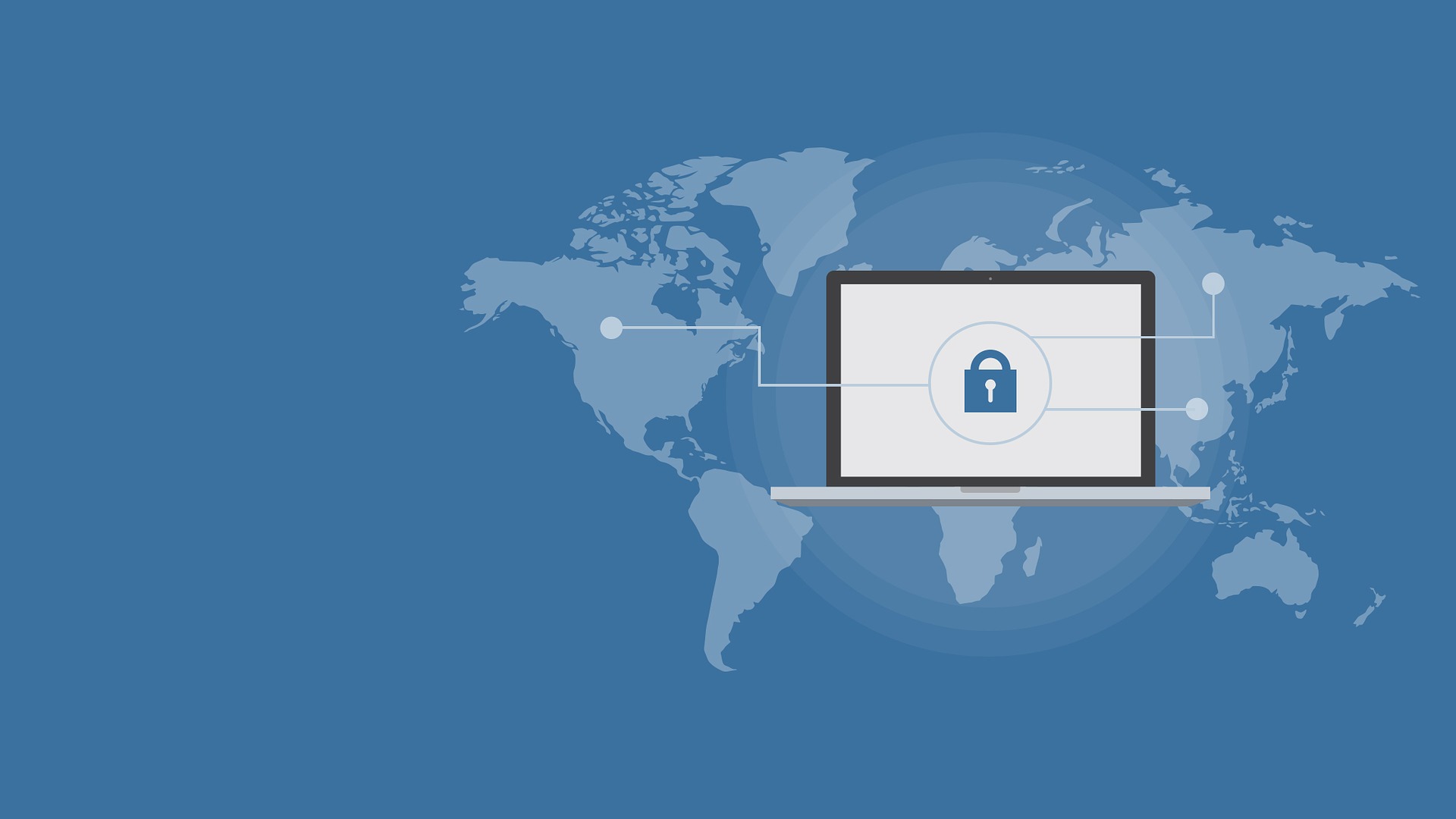Security Everywhere – Cyber Security Essentials Q&A Part One
Learn more about the realities of cyber crime in this Q&A with cyber security expert Francis West. From Whatsapp fraud to investment scams, cyber crime has...
Read Full Article
With more people working on the internet outside of monitored business networks, the risks of compromising company and personal data are increased.
Concentration is currently on hygiene in the workplace, and this should extend to cyber security. Keeping a clean connection is vital to ensure there are no weak links in the organisation's chain.
According to a recent study by the cybersecurity firm Promon, 77 per cent of remote employees in the UK don’t have any security concerns about working from home. Above all this shows that people are unaware of the risks, and many choose to share information between personal and business accounts without consideration.
There has been a significant leap in the number of web attacks during the pandemic, as criminals attempt to use it as another opportunity to capitalise on anxiety. Phishing, where hackers pose as legitimate services in order to get private information, is not the only way that people can be victimised. Vulnerable browsers can put saved passwords at risk, and downloads can bring ransomware and malware to your computer. Malwarebytes, a popular antivirus program, identified a site disguised as a Johns Hopkins University COVID-19 map, that didn’t require any input other than a click to infect computers.

Picture: A photograph showing some code
ISS’ new CEO recently congratulated his employees for their handling when their sites were taken down back in February– they were not alone that month, with INA group in Croatia and a natural gas compression facility in the US joining the long list of companies that face extensive repair costs every year due to online breaches.
Facilities managers can make sure that employees have training in order for there to be higher rates of avoiding incidents. The human element is the most independable, so a basic level of understanding goes a long way. Within the office environment, there may be an IT expert on hand, but offering that aid remotely becomes a less immediate line of defence. There is a framework published by The National Institute of Standards and Technology which helps to build an appropriate security awareness course.
Updating applications and keeping a good antivirus program may seem like obvious points, but for those that mostly used workplace maintained computers before lockdown, it may have been taken for granted. Important patches and data for new viruses are best received this way. Wariness of non-verified third-party apps and downloads is important and can prevent getting to this stage, but that’s no reason not to be prepared with these fail-safes.
Using different machines, different accounts, and different passwords for work and leisure will help to ensure privacy of sensitive information. As a business, you can choose hosts that utilise Multi-Factor Authentication and even Virtual Private Networks (VPNs) to protect from non-secure WIFI or websites. Such authentication usually requires several simple steps for access, like personal questions or codes sent to other accounts, hoping to catch out frauds with only one piece of the puzzle. VPNs hide the IP address when connecting to the internet, making it more difficult for hackers to target the system.
Shared devices are not as ideal as they present the possibility of identity fraud. Even though you may greatly trust those that you live or work with, it wouldn’t be sensible to subject the company’s sensitive data to judgement of character, and accidents happen. Simple precautions, as with current coronavirus regulations, are our best measures against invisible threats.
Picture: A graphic showing a map of the world with a laptop and a lock on the screen.
Article written by Bailey Sparkes | Published 09 September 2020
Learn more about the realities of cyber crime in this Q&A with cyber security expert Francis West. From Whatsapp fraud to investment scams, cyber crime has...
Read Full ArticleThe UK’s IT security watchdog has fined Interserve for breaching data protection law and failing to prevent a cyber attack. The Information Commissioner’s...
Read Full ArticleIt has been confirmed that a ransomware attack is causing a major outage for NHS IT systems. Services affected include software used by NHS 111 and other patient notes...
Read Full ArticleThe operational technology that powers connected devices across building systems is providing more entry points for cyber criminals to exploit, says research and advisory...
Read Full ArticleAs more and more of a building’s functions are automated and controlled via smart technology systems, has cybersecurity been an afterthought? In 2020, Boris...
Read Full ArticleEMCOR Group and Bouyges are the latest FM companies targeted by malicious software attacks. The website of EMCOR Group, the global providers of facility...
Read Full ArticleOne in four digital systems used by central government are outdated, costing the public sector £45 billion in productivity savings. This figure equates to paying...
Read Full ArticleIn Part 3 of our cyber security Q&A, Sheldon Reynolds talks us through the danger of reusing passwords and what happens on the dark web. According to data...
Read Full ArticleThe cyber threat landscape is evolving at an alarming rate, and there's a new player in town that's causing mayhem in inboxes: impersonation attacks. In this...
Read Full ArticleIn Part 2 of our Q&A with cyber security expert Francis West, we discuss simple actions we can all take to be more cyber safe, what to do if you receive a suspicious...
Read Full Article